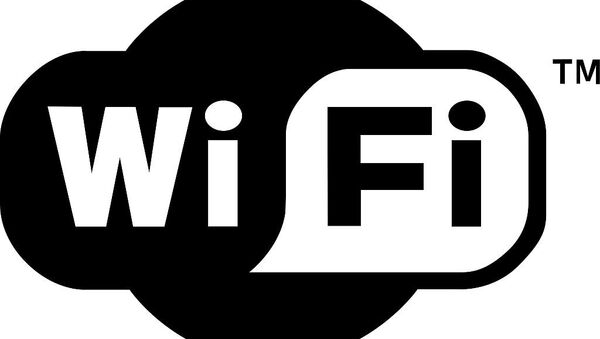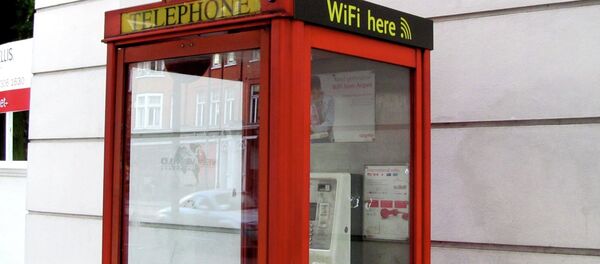Those in the UK who have been enjoying iPlayer, but have not paid a TV license fee, are now at risk of being outed by snooper vans that BBC plans to send out next month. The new vans, equipped with an as-yet-unidentified surveillance technology, will snoop private Wi-Fi networks and purportedly allow the identification of unlicensed streams.
The BBC hasn't revealed which snooper method they will use, but one popular theory is that the vans will intercept Wi-Fi traffic and use encrypted packets and specific timing to identify whether a network is carrying iPlayer traffic. This method relies on the ability of the BBC to introduce specific packet timing and size elements into iPlayer traffic, acting as a fingerprint.
The plans for the new spy vans were published in a report carried out by the National Audit Office.
"Detection vans can identify viewing on a non‐TV device in the same way that they can detect viewing on a television set," the report reads.
Many doubt that the vans will be effective, in light of simple workarounds available online, and are wondering whether the announcement is a attempt to intimidate and coerce those those viewing BBC content. But others are more concerned over the obvious privacy issues. A spokesperson from watchdog Privacy International described monitoring internet traffic on home Wi-Fi networks as "startlingly invasive." The corporation insists its inspectors will not pry into the browsing habits of the viewers.
"While we don't discuss the details of how detection works for obvious reasons, it is wrong to suggest that our technology involves capturing data from private Wi-Fi networks," a BBC spokesperson claimed in a statement.



